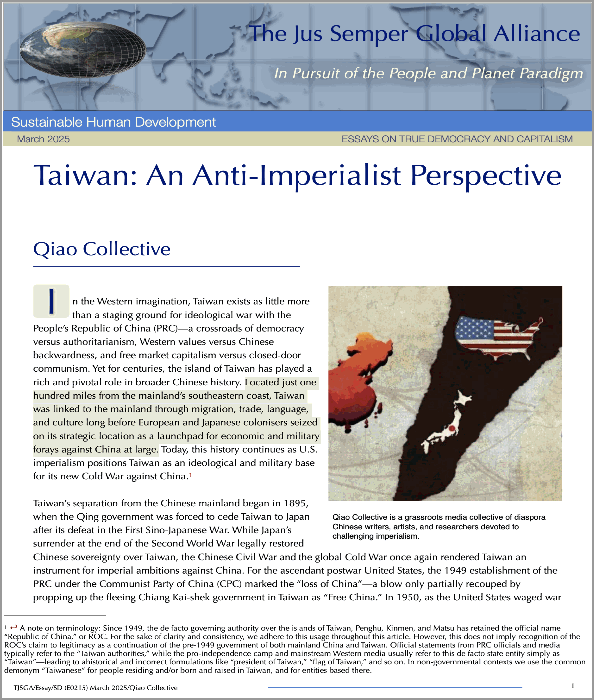The Meaning of Work in a Sustainable Society
John Bellamy Foster
The nature and meaning of work, as it pertains to a future society, has deeply divided ecological, socialist, utopian, and Romantic thinkers since the Industrial Revolution. Some radical theorists have seen a more just society as merely requiring the rationalisation of present-day work relations, accompanied by increased leisure time and more equitable distribution. Others have focused on the need to transcend the entire system of alienated labour and make the development of creative work relations the central element of a new revolutionary society. In what appears to be an effort to circumvent this enduring conflict, current visions of sustainable prosperity, while not denying the necessity of work, often push it into the background, placing their emphasis instead on an enormous expansion of leisure hours. Increased non-work time seems an unalloyed good, and is easily imaginable in the context of a no-growth society. In contrast, the very question of work is fraught with inherent difficulties, since it goes to the roots of the current socioeconomic system, its division of labour, and its class relations. Yet it remains the case that no coherent ecological mapping of a sustainable future is conceivable without addressing the issue of homo faber, i.e., the creative, constructive, historical role in the transformation of nature, and hence the social relation to nature, that distinguishes humanity as a species. .
For a full read of this brief, click here or on the picture to download the pdf file. |







